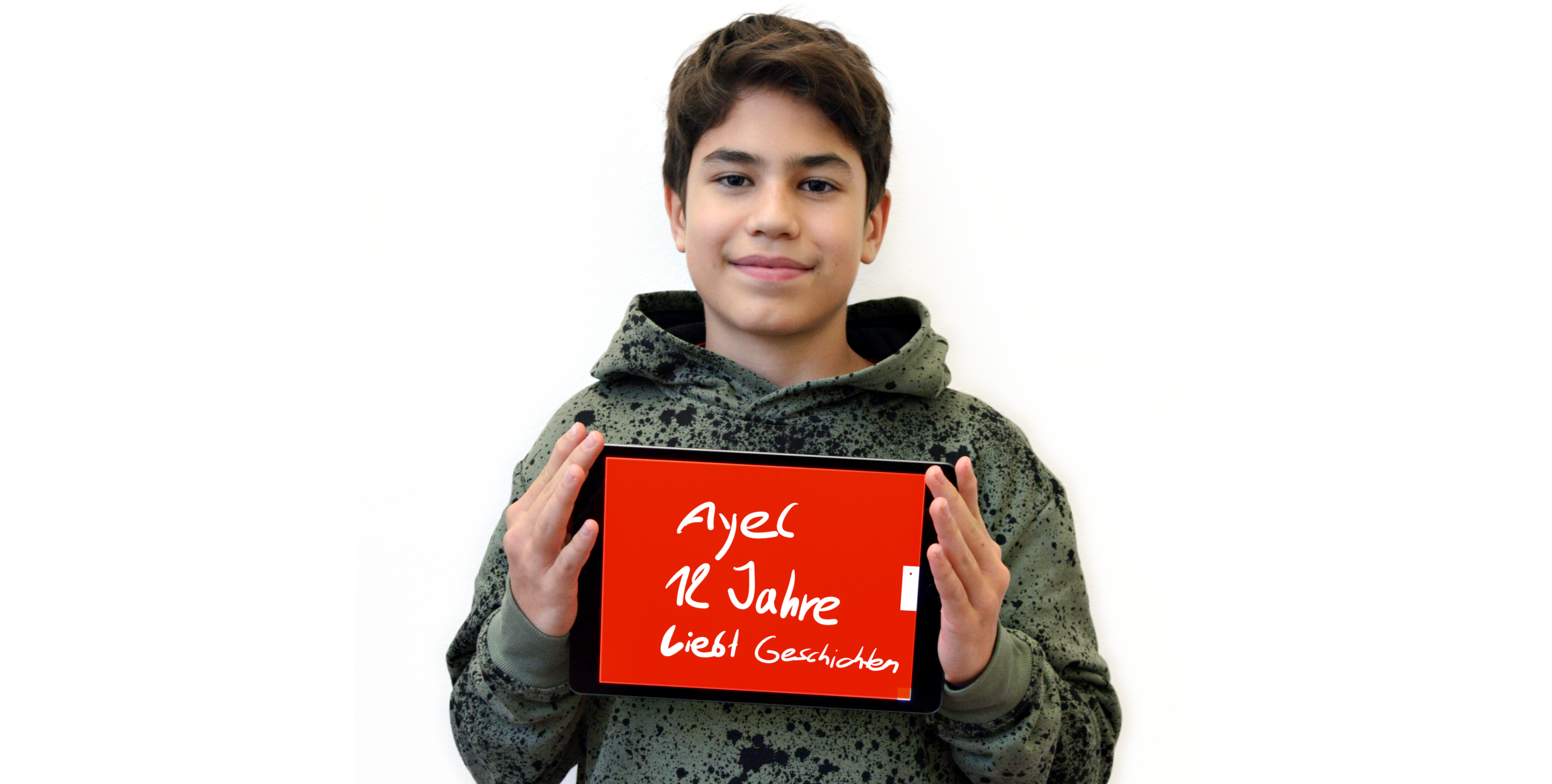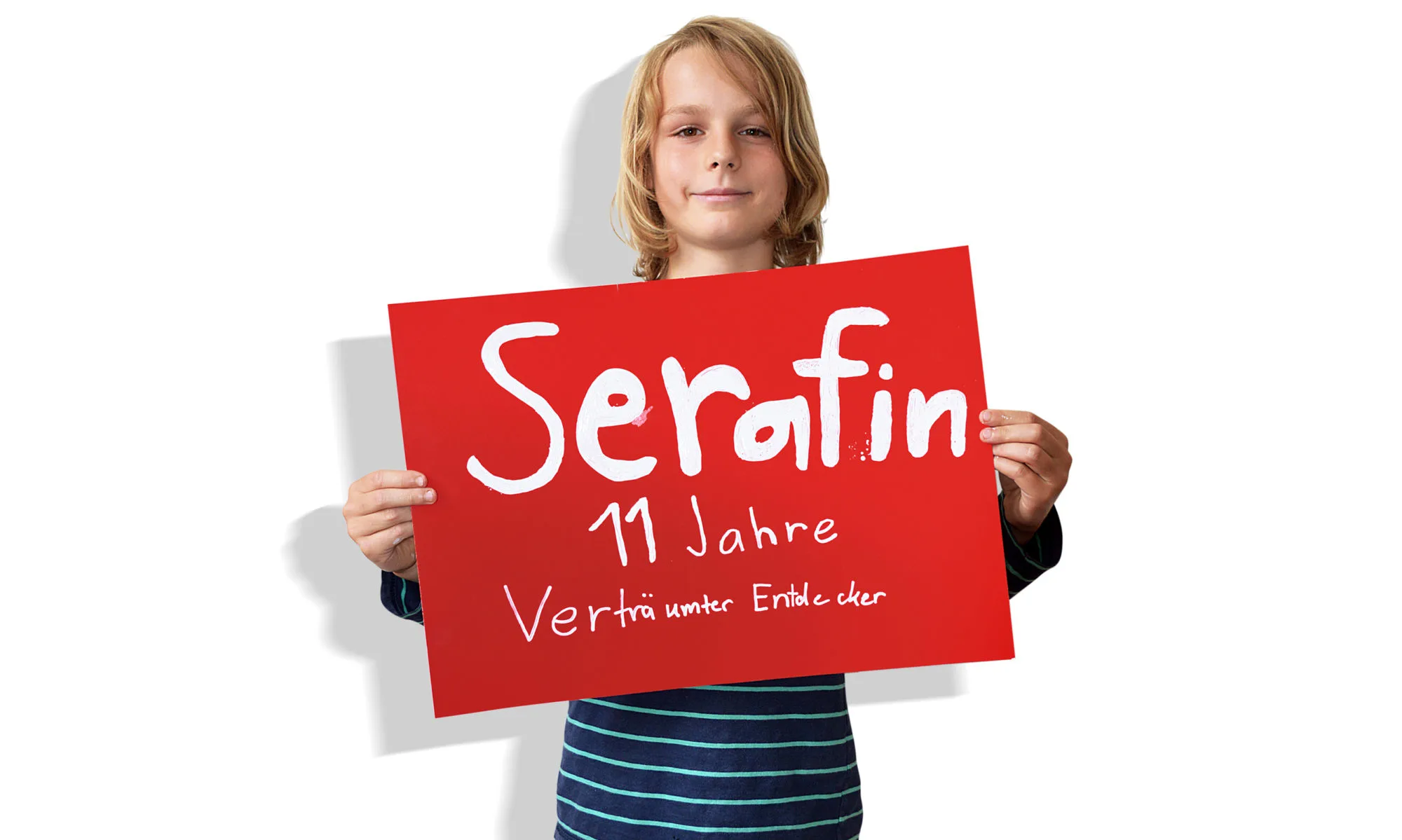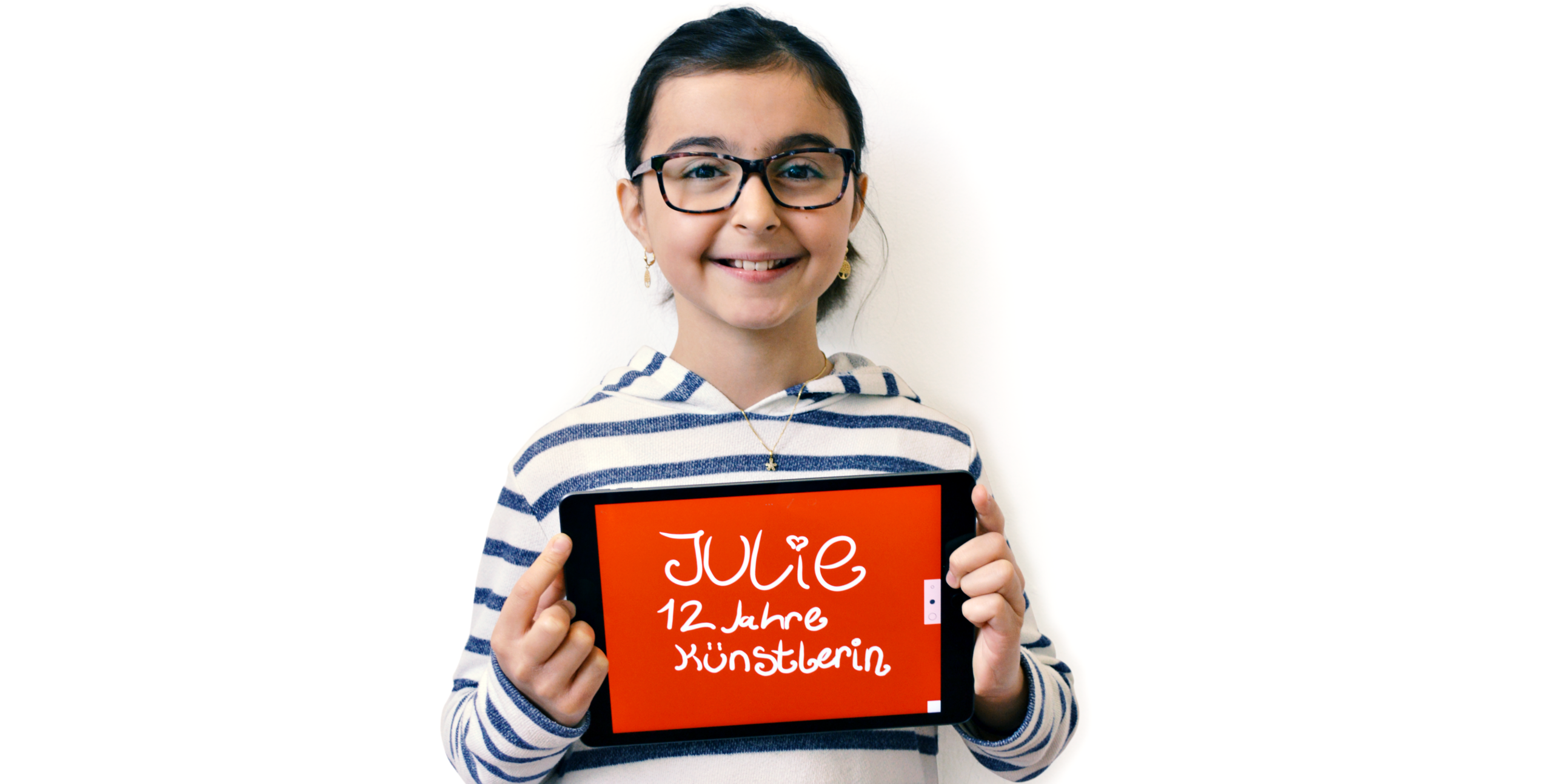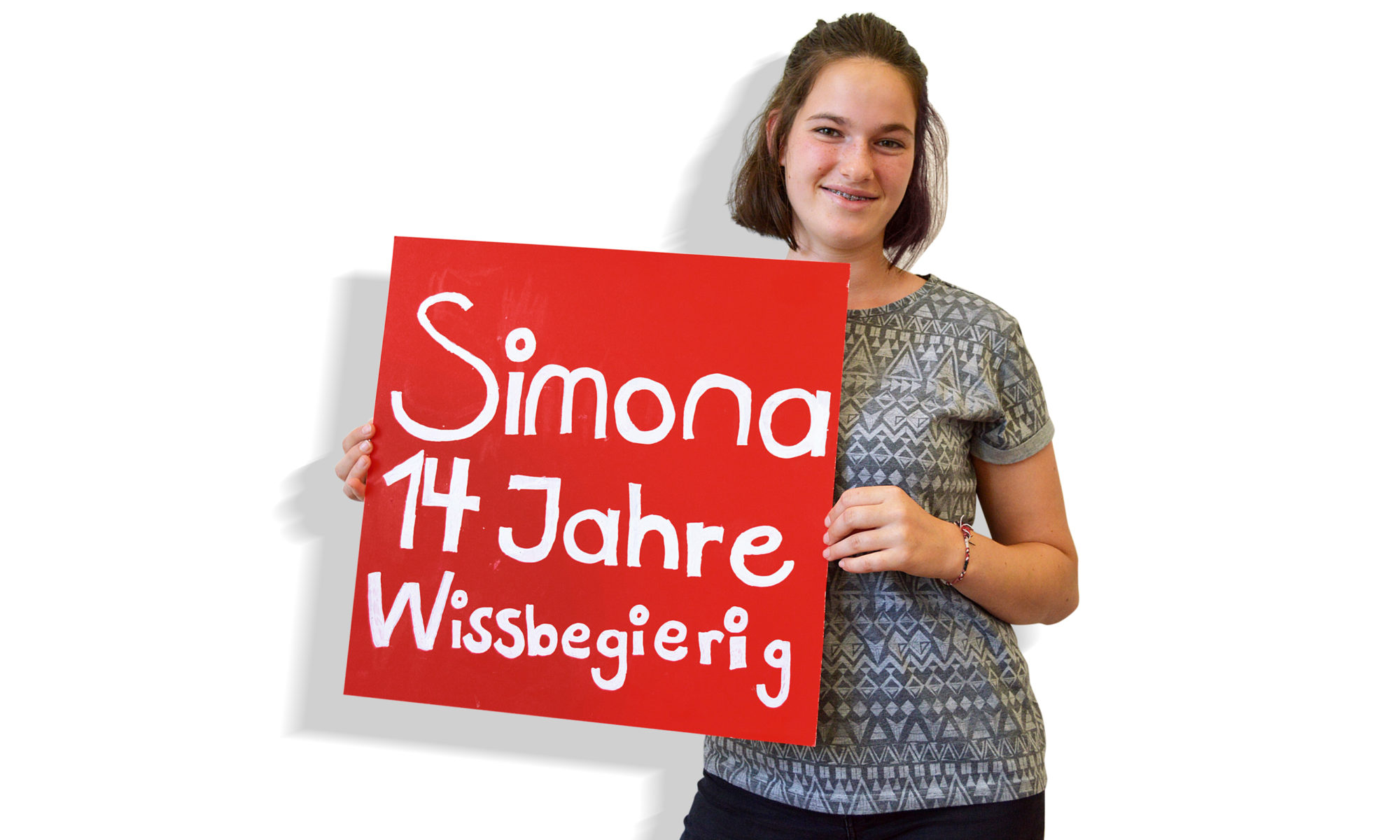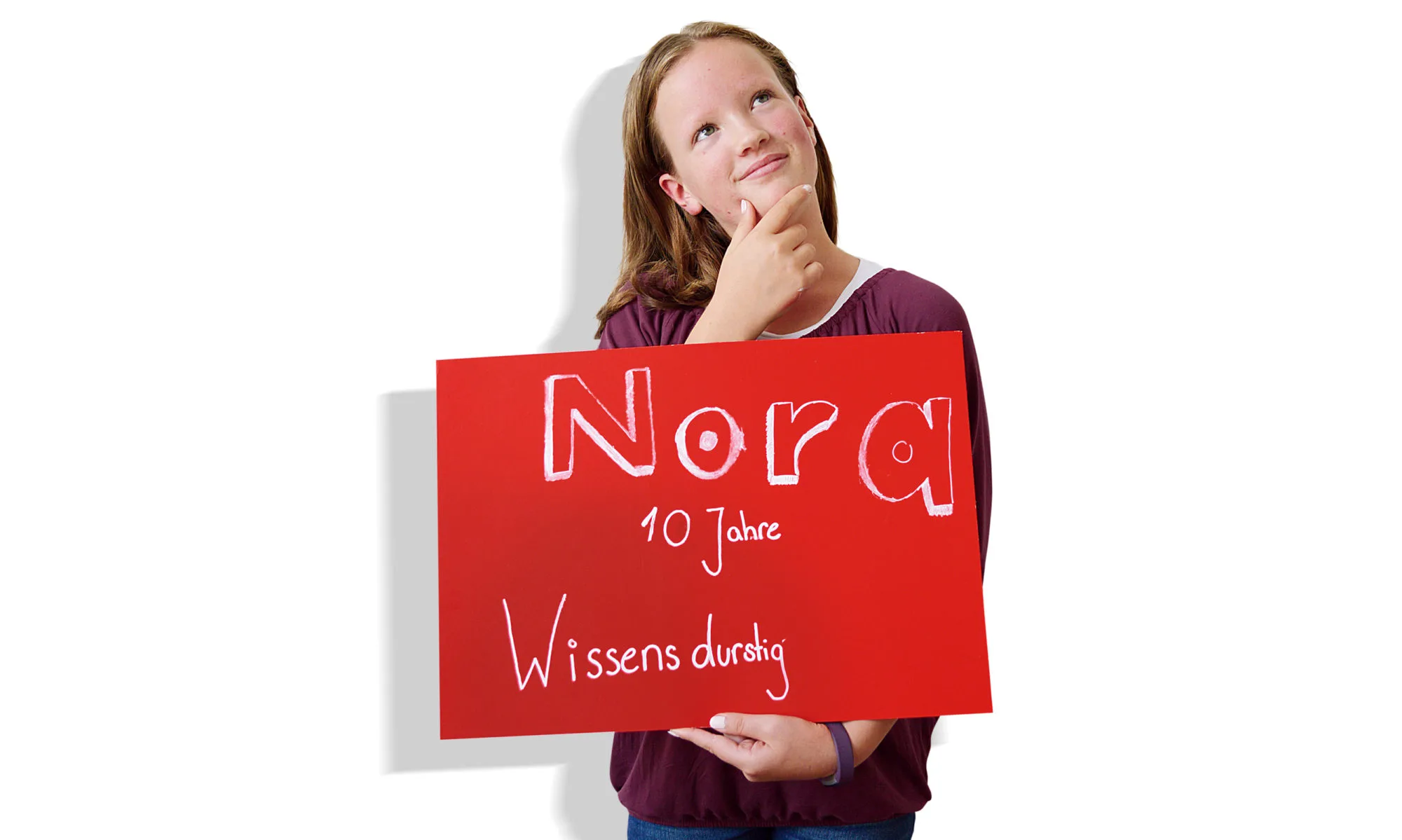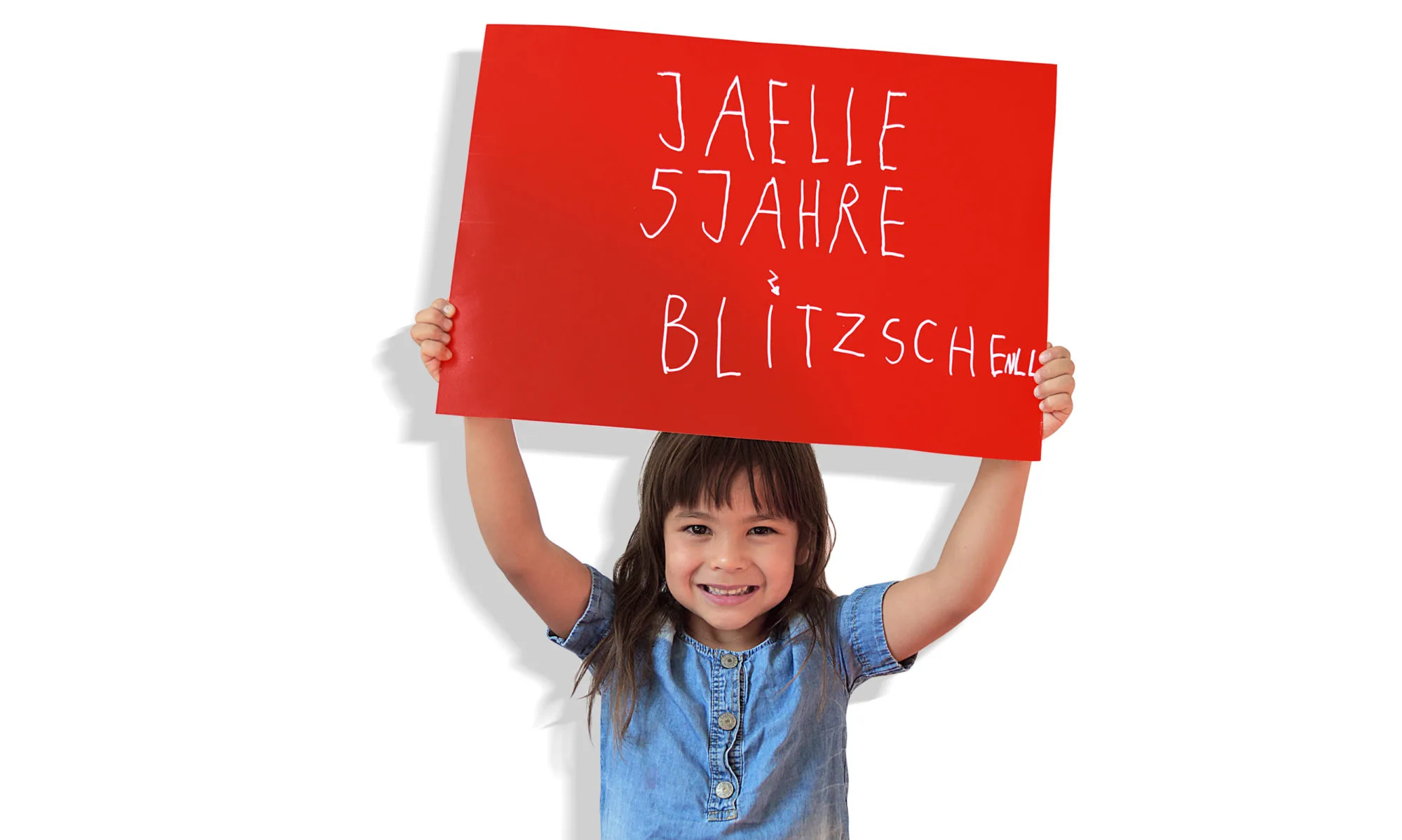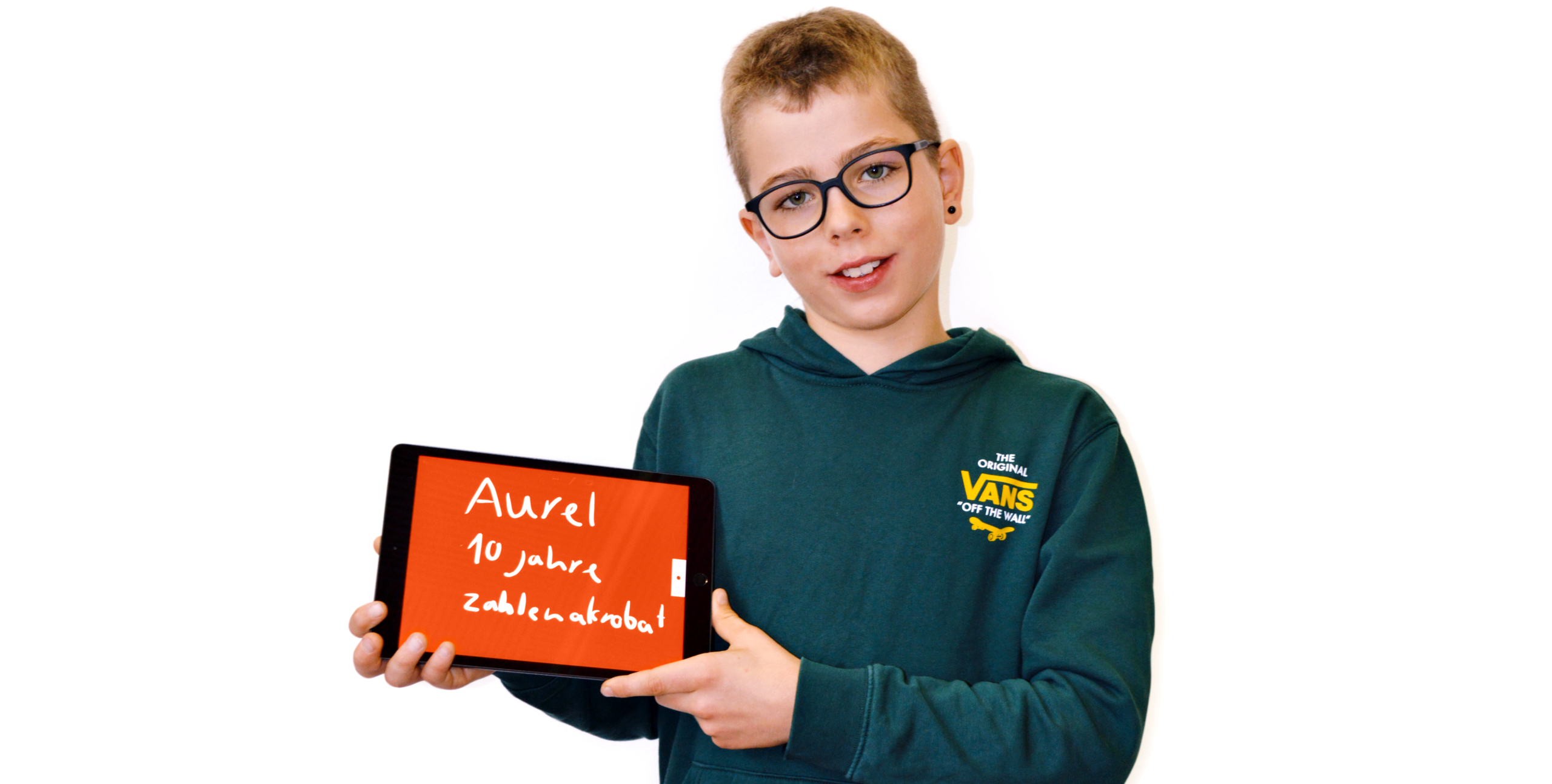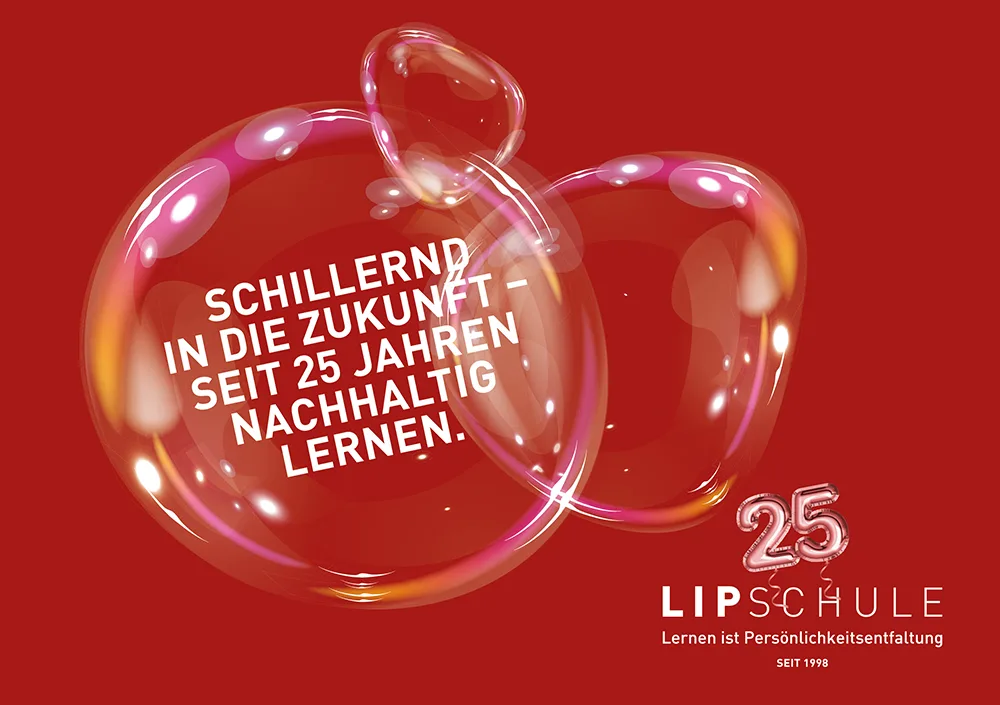A conversation with Annett Romoth, Cycle 1 pedagogical director, and Daniel Schubiger, from the management and administration team, about Montessori education
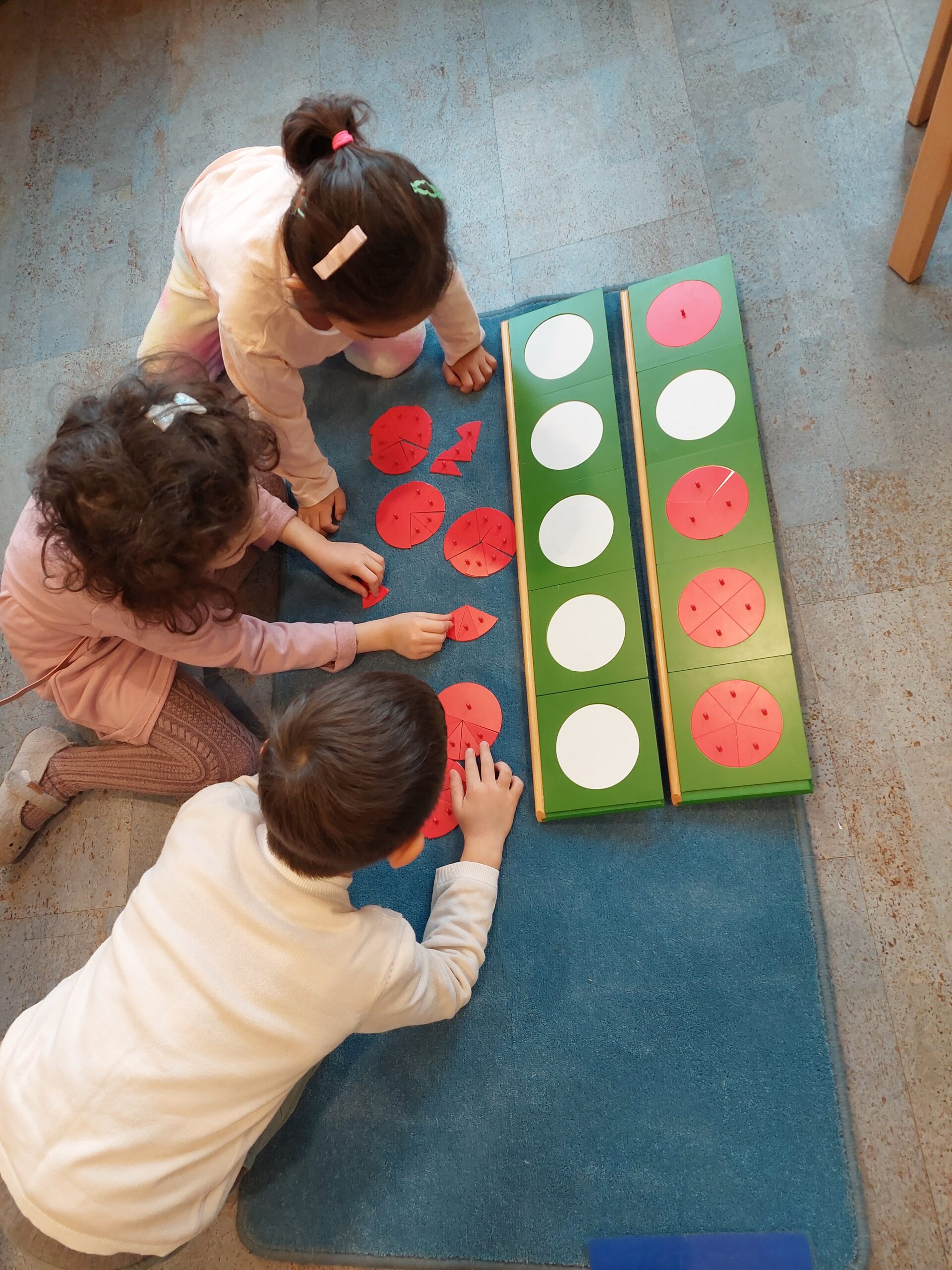
In Cycle 1, LIPSCHULE applies the principles of Maria Montessori. This is because children aged 3 to 9 are full of energy and have a virtually unquenchable thirst for knowledge. In a personal conversation, Annett Romoth and Daniel Schubiger tell us why this form of education is exactly right for Cycle 1 children.
What specifically does it mean for pupils in Cycle 1 that LIPSCHULE applies Montessori teaching?
Annett Romoth: First and foremost it means that pupils work and learn in an action-oriented, self-determined and individualized way. The principle “Help me to do it myself” is central to this approach, requiring teachers to take a step back and be supportive – not directive. But it also means that children can learn at their own pace, with plenty of time to select learning content and activities according to their interests and abilities. At an early stage they get used to working in a mixed-age learning group in which it’s important to help and support others, to be tolerant and respectful towards them – and also to experience tolerance and respect themselves. They can choose their own learning partners, and they’re introduced to team and group work at an early age – thus preparing themselves early on for the demands of present-day society.
That sounds great. Are there any other advantages from your point of view?
Annett Romoth: Our students learn to trust in their own abilities very early on. What we see time and again is that the motivation produced by this action-oriented approach built around children’s strengths proves very long-lived. Morning lessons are determined by individual work: children spend three hours working on topics of their own choice, without disturbance or interruption. This gives them time to think about certain subjects in depth, to try them out, to focus on research and discovery. Montessori materials also help stimulate and develop their drive and imagination. This makes tuition particularly vivid. In everything we do we are bound by Curriculum 21. Our teaching is consistently competency-oriented.
Are there any disadvantages?
Annett Romoth: The prepared environment is a very important component of a Montessori school. Setting it up, maintaining it and constantly adapting it to pupils’ needs requires a great deal of care, time and observational skills on the part of the teachers. Training to become a Montessori teacher is very time-consuming and cost-intensive. It’s not always easy to find well-trained teachers who are recognized by the Association Montessori Internationale (AMI). Teachers must thoroughly master and confidently implement the use and presentation of Montessori materials and the three-period lesson structure. In addition there’s a common misconception that children at a Montessori school can do whatever they like. They can’t, and we should never miss an opportunity to stress this. Students at our school are helped along by rituals and daily structures. We expect them to be eager to learn, to be able to fit into a community and to exhibit a benevolent, empathic attitude towards others.
Why does the LIPSCHULE no longer apply the principles of Montessori education in Cycles 2 and 3?
Daniel Schubiger: Montessori education lays a wonderful foundation for all skill areas, both subject-specific and interdisciplinary – which is very useful for work in Cycles 2 and 3. In particular, it strengthens children’s imagination, promotes the acquisition of specialist abilities in the subjects taught, and improves interaction with others. Learning means gaining experience, be it through listening, speaking, writing or acting.
Is there nevertheless still a follow-through to the next cycle?
Daniel Schubiger: Yes, the follow-through to Cycle 2 (grades 3 to 6) is guaranteed. The group size remains the same, and so does the number of teachers responsible for supervision and support. The forms of work – individual, partner and group work, work according to children’s interests and abilities, and the strengthening of the personality – are seamlessly continued after Cycle 1.
<<<

